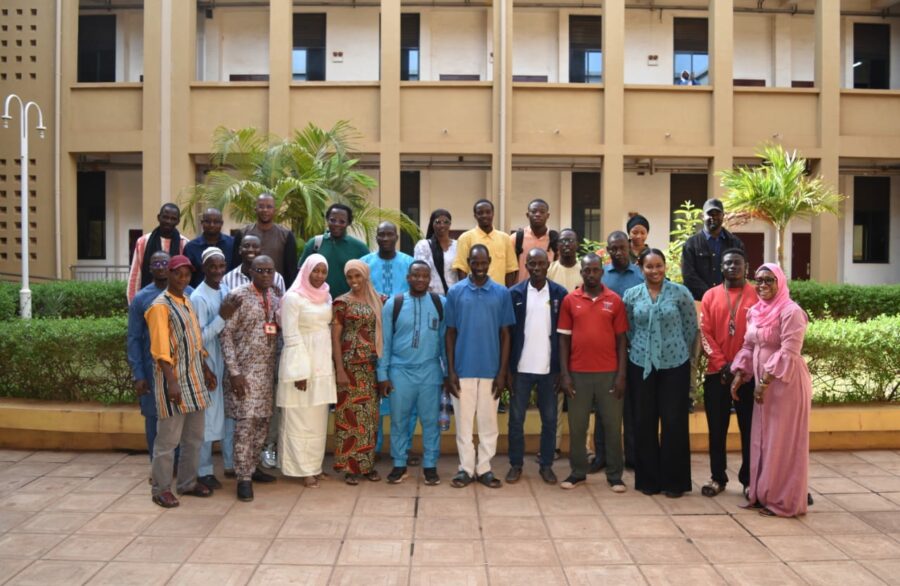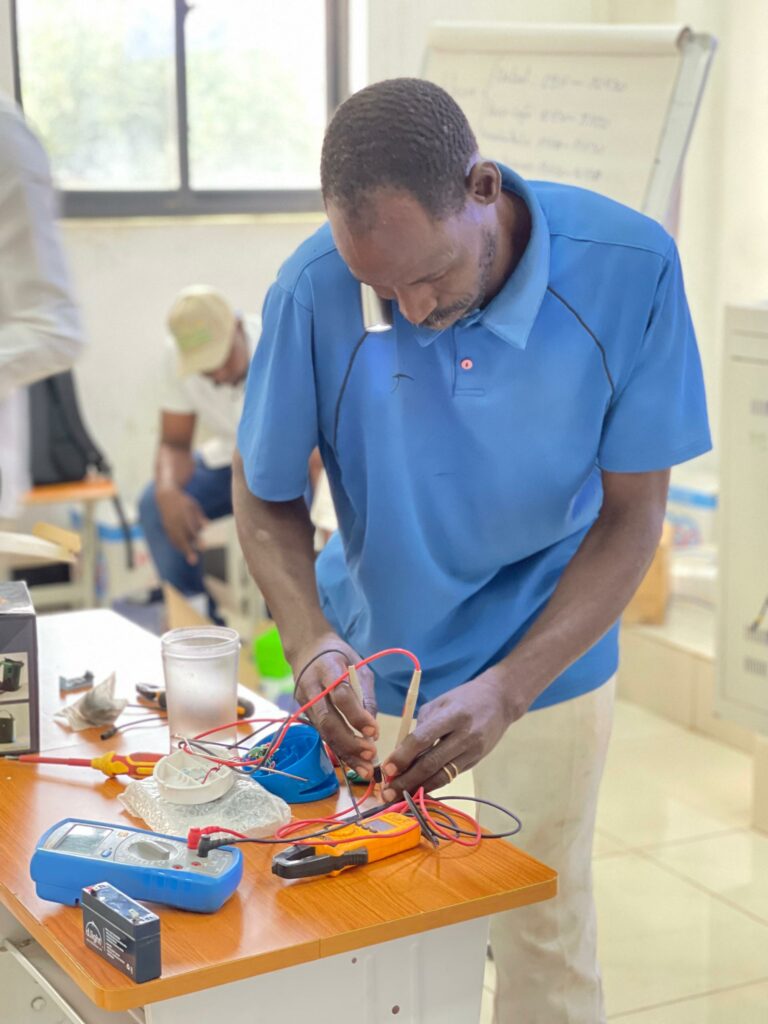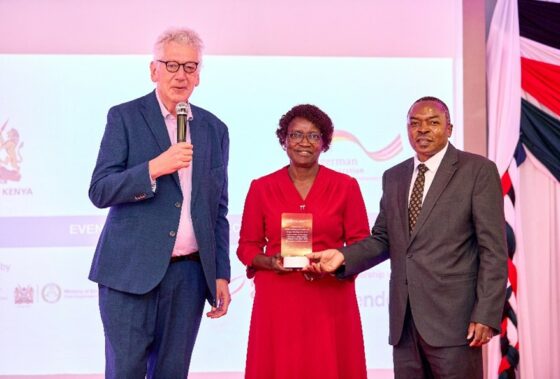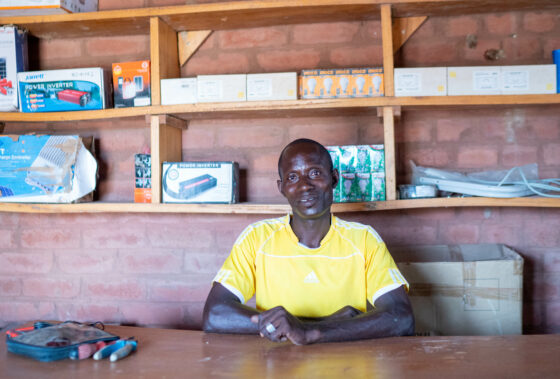Sustainability Series – Part 2: Building Skills for Responsible Solar Recycling

EnDev, in collaboration with the local company SANUVA specialized in waste management and circular economy solutions, organized a hands-on training session. The training aimed at strengthening the technical and recycling capacities of solar energy technicians across Mali.
Bridging the Gap Between Solar Access and Sustainability
As Mali’s rural communities increasingly adopt solar technologies, the need for qualified technicians and strong after-sales services becomes more critical. Ensuring that solar systems remain functional — and that end-of-life components are properly managed — is essential to the long-term success of the solar energy sector.
However, the broader context in which these efforts take place remains highly challenging. Since the military coup in 2021, Mali’s political and security situation has remained volatile. The country’s withdrawal from regional frameworks such as ECOWAS and the end of the Algiers Peace Agreement have added further uncertainty. These dynamics — combined with a deteriorating security environment — have created difficult implementation conditions, particularly in rural areas where decreased purchasing power, climate change impacts, and market disruptions hinder the establishment of sustainable energy distribution networks.
Adding to this complexity, since mid-2023, an electricity crisis has significantly affected Mali’s energy sector, driving up prices for solar products and materials. In response, EnDev has intensified its work to strengthen rural market development through initiatives such as energy kiosks [IL1] and Results-based Financing (RBF) schemes. The programme is further promoting Productive Use of Energy (PUE) through mechanisms like the Energy Fund and continued support to the solar and improved cookstove markets.
Learning by Doing: A Practical, Inclusive Approach
Against this backdrop, SANUVA designed and facilitated a three-day training focusing on:
• Fundamentals of photovoltaic (PV) energy and Pico-PV systems
• After-sales maintenance and diagnostics
• Collection, sorting, and recycling of solar waste
The training brought together 24 participants from energy kiosks and partner companies. Under the guidance of Environmental and Recycling Specialist and Energy Specialists, the sessions alternated between theory and practice — from solar kit assembly to waste dismantling and sorting exercises.
Participants learned not only to install and repair solar kits, but also to identify recyclable materials such as batteries, plastics, and metals. They developed actionable plans to establish collection points in their regions, marking a crucial step toward a circular solar economy in Mali.

Measurable Impact
Key findings of the post-training evaluation included:
High relevance of all training modules to participants’ daily work
Increased technical confidence, particularly in diagnosing and repairing Pico-PV systems
Strong interest in recycling, with participants eager to replicate responsible waste practices in their local areas
“The practical sessions and recycling modules were the most useful. I can now confidently diagnose faults and dismantle old kits for reuse.”
— Training participant, Bamako
Building a Sustainable Future Together
The training’s success highlights how local partnerships can combine technical knowledge and environmental responsibility to create lasting impact. It builds on EnDev Mali’s previous initiatives in solar waste recycling, which have already included:
• Recycling Competition:
Selection and support of three winning companies (including SANUVA) to promote solar waste recycling.
• Technician Training:
Training of technicians at ten energy kiosks in Barouéli on:Repair of solar equipment
Collection and selective sorting of waste from solar equipment
• Repair and Waste Collection Points:
Establishment of repair and waste collection points within kiosks
Each point equipped with waste bins
• Economic Study:
Conducted by SANUVA on waste generated at the collection points
• Networking and Monitoring:
EnDev facilitated the linkage between collection sites and SANUVA’s sorting centre
Regular monitoring of field activities>
• Additional Trainings:
On solar energy and after-sales services, Strengthening local expertise and promoting sustainable waste management practices in Mali’s renewable energy sector.
This capacity-building effort is more than a technical exercise — it’s part of a broader commitment to sustainable energy access and environmental stewardship in Mali.
By the end of 2024, EnDev’s activities in Mali had already provided more than 50,000 people with access to electricity and over 31,000 with modern cooking energy, supporting hundreds of small businesses and social institutions.
Good read

